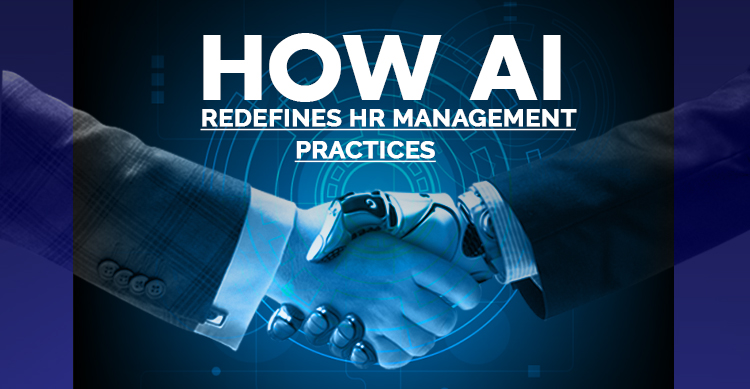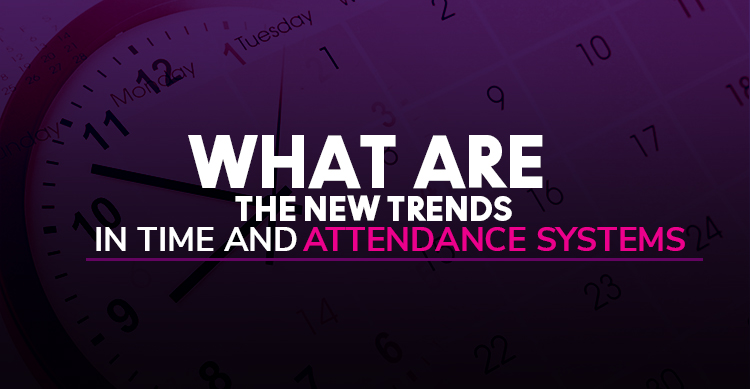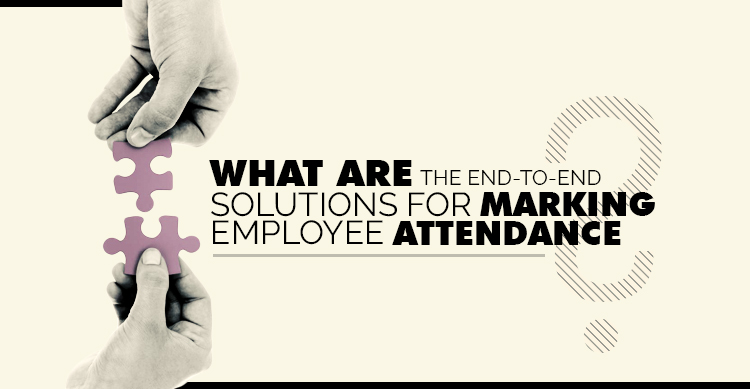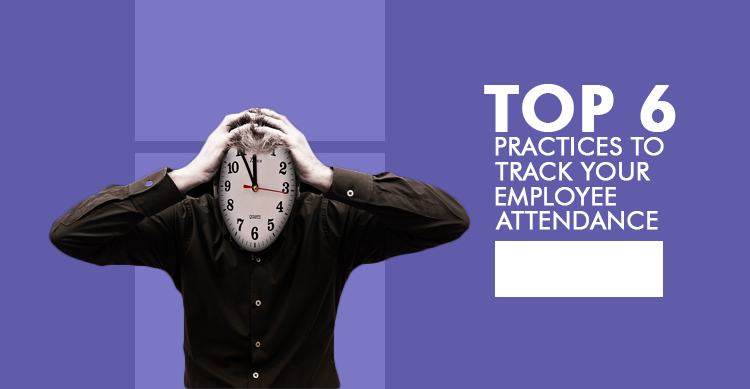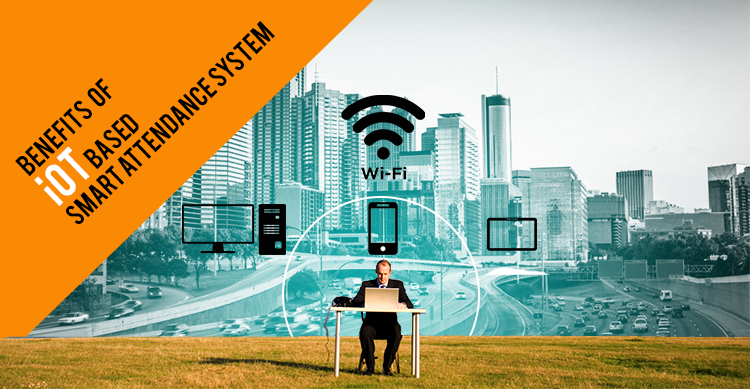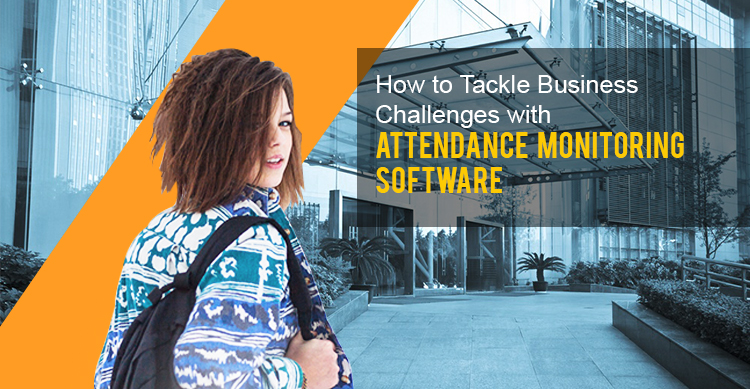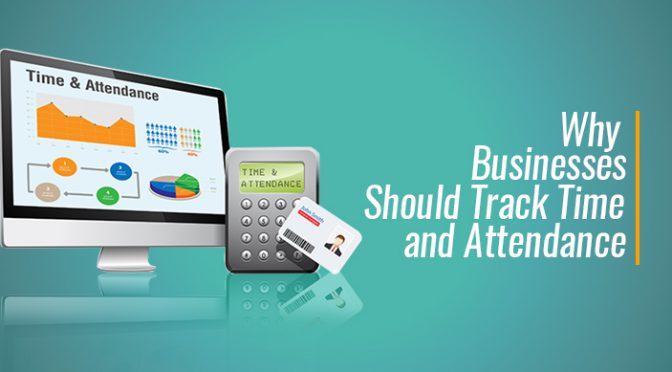With different developments in technology over the last few years, human resource as a process has experienced significant changes. Artificial Intelligence (AI), a technological area that simplifies the way we do things has also reshaped the HR function.
While the technology cannot completely replace human element, it has successfully altered the way companies hire, manage, and engage with their manpower.
AI machines are gaining the intelligence needed to find the right resource or watch out for the next step and assist HR professionals in making intelligent decisions. Let us take a look at some of the benefits of AI in HR management practices:
1. Screening Candidates
Recruiters have a large candidate profile database and usually tend to screen each one manually. This involves face to face discussions and a lot of other time-consuming processes.
An AI-based software,on the other hand,analyzes the various aspects of a candidate and distinguishes them on the basis of their skills, past experience, and cultural fit for the organization. The software identifies a suitable match for the job profile, thereby saving the recruiter’s time.
2. Interviewing Candidates
Generally, recruiters spend about 30% of their time in fixing and conducting interviews. According to reports, 50% of the candidates do not receive a timely response to their application through the traditional corporate structure.
However, AI-enabled software identifies the right fit and ensures that communication flows smoothly between the candidate and the HR management. It efficiently sends custom-made messages to potential candidates making it easier for the HR personnel to focus on closing job positions.
3. Onboarding Candidates
Deciding the joining date of the candidate post offer acceptance is a tedious task. There is always uncertainty on the same. AI helps to engage and follow up with the potential candidate and ensures that chances of last-minute rejection are low.
4. Reduce Human Partiality
AI is dependent on data instead of the human mind. This reduces the chances of bias based on the intuitions and perceptions of the various individuals working in an organization. The work culture is free from discrimination with a more cohesive, communicative workplace and a faster decision-making process.
5. Establish Better Relationships with Employees
AI can be used to identify the various characteristics of individual employees through engagement surveys and other personality tools. This helps to match the right employee with the right role.
HR queries can also be taken care of with the help of an AI-based Chatbot. Meetings between employees and the HR management can be easily fixed while immediate managers have more information to take the right decision about temperaments, departments, and co-workers.
6. Improve Predictive Data Decision-Making
AI algorithms make analysis and interpretation of data easy, resulting in sets and models that provide insights for decision-making. Based on their reliable and predictive properties, decisions for today and tomorrow can be made keeping in mind data from the past.
For instance, insights derived from large volumes of data can help to predict probable issues even before they arise. This means that you will be ready to take on attrition and retention precautions at the right time.
Predictive analytics help to track employee activity and behaviour which has a direct impact on an organization’s efficiency and productivity.
7. Talent Development
Every employee has different learning styles. This is dependent on their experience, behaviours, interests, qualifications, skill sets, and more.
AI can develop customized learning programs based on the abilities and capacities of various employees. It can also offer personalized training paths which the employer may only be able to provide in a longer period of time.
HR functions are a critical aspect of business growth.
This means untimely acceptance of digital HR can hamper the overall success of a business. Therefore, HR personnel must train themselves and be ready to adapt AI technology and machines in the future. These technologies together with human intellect will help to advance HR solutions.
